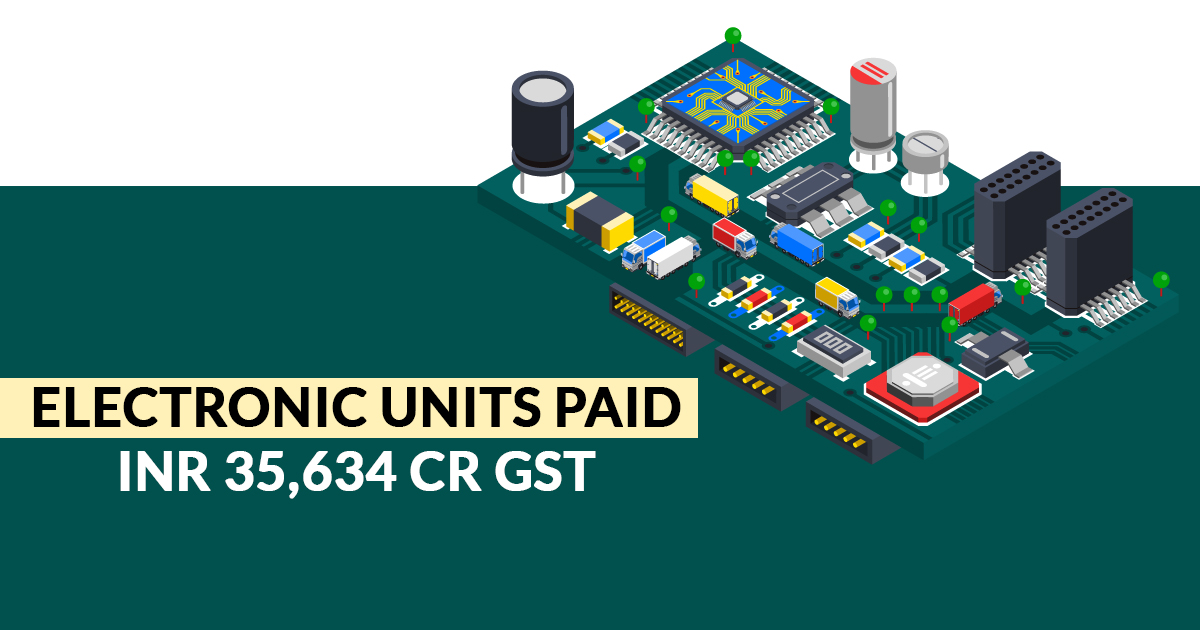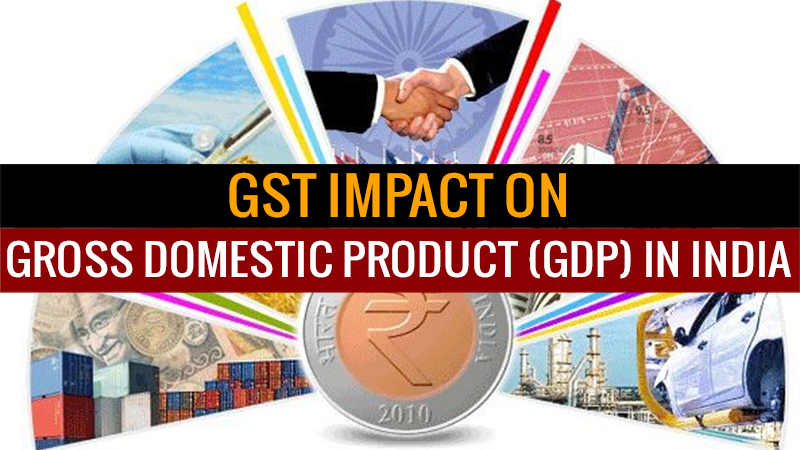Beneath the previous electronics manufacturing incentive policy the manufacturing units given the goods and service tax (GST) worth Rs 35,634 cr in which the provided subsidy was just Rs 1021 cr which shows that the substantial cost advantage for the government which the GST will only enhance below the new production associated incentive (PLI) policy.

Beneath the latest Incentive Package Plan, which was revised in 2015 there are 223 appellants who had invested Rs 23,991 cr as estimated by the government. These investments were driven by companies such as Samsung, Bosch, Sterlite, and Chinese mobile phone manufacturers such as players like Vivo and Oppo.
An effective rise is to be given to the electronics manufacturing for the country through this policy but after it has ended in the previous year, the government in concern to it has given 3 bigger incentives whose total is Rs 50,000 cr with plenty of reserved for the PLI policy.
“These numbers show a great cost-benefit analysis for the government, where in return for just Rs 1,021 crore subsidy disbursed so far, the tax collections have already surpassed Rs 35,634 crore,” said the senior official by adding that the latest PLI policy will mange this objective.
Rs 3,17,490 crore, was the total sales done by these units which include domestic and exports 
Out of 223 applications, 196 have started implementing the production as the information stated by the Ministry of Electronics and IT. Disassociated from the other incentives the policy guaranteed capital subsidy from 20 to 25%.
“While MSIPS laid a solid foundation for the growth of electronics manufacturing in India by bringing big electronics companies to India, more targeted incentives like Production-Linked Incentive (PLI) and Scheme for Promotion of Electronics Components and Semiconductor (SPECS) and Electronics Manufacturing Cluster 2.0 will enhance value addition and diversify the portfolio of manufactured items,”
PLI policy has collected responses from the iPhone contract makers Foxconn, Pegatron, and Wistron, as well as Samsung, Karbonn, Lava, and Dixon, and will direct the manufacturing worth Rs 11.5 lakh crore. INR 7 lakh product will be exported by them in the next 5 years which makes 300,000 direct jobs and 900,000 indirect jobs.
The value of domestic production of electronics has also increased in the last 5 years, from $29 billion in 2014-15 to $75.7 billion, which transports $11.7 billion.
“The revenue earned through corporate tax and personal income tax paid by employees could not be ascertained, if that is added, the revenue earned by the government through investments made in the subsidy schemes will increase further,”